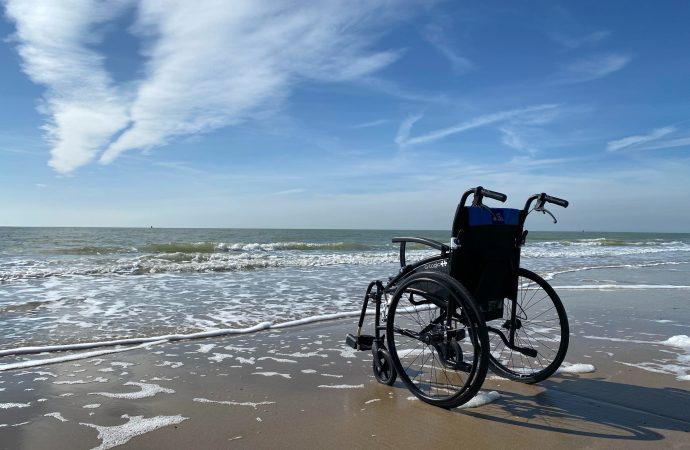As a society, we often pride ourselves on being inclusive and accepting of diversity. However, when it comes to disability, bias can often go unnoticed or be brushed under the rug. People with disabilities face various forms of discrimination, including ableism, which is the societal belief that being able-bodied is superior to having a disability.
As a society, we often pride ourselves on being inclusive and accepting of diversity. However, when it comes to disability, bias can often go unnoticed or be brushed under the rug. People with disabilities face various forms of discrimination, including ableism, which is the societal belief that being able-bodied is superior to having a disability. In order to shed light on this issue, we have developed a quiz that will help readers uncover their level of ableism and encourage reflection on their attitudes towards disability.
The quiz, titled “Disability Bias Unveiled,” aims to challenge preconceived notions and raise awareness about the harmful effects of ableism. The quiz consists of a series of questions that prompt readers to examine their attitudes and behaviors towards people with disabilities in different scenarios.
The questions in the quiz are designed to explore various aspects of ableism, including unconscious bias, systemic discrimination, and stereotyping. For example, one question asks readers to reflect on whether they have ever made assumptions about a person’s capabilities based on their disability, while another question asks readers to consider if they have ever used derogatory language when referring to people with disabilities. The quiz also delves into issues such as accessibility, accommodation, and inclusion in different settings, such as the workplace, education, and public spaces.
In addition to the quiz, the article also includes insights from experts in the field of disability studies and advocacy. Dr. Sarah Chen, a disability rights activist and professor of disability studies at a renowned university, stresses the importance of recognizing and challenging ableism in our society.
“Disability bias is pervasive and often ingrained in our social attitudes and behaviors,” says Dr. Chen. “It’s essential for individuals to reflect on their own biases and actively work towards creating a more inclusive and accepting society for people with disabilities.”
The article also features personal stories from individuals with disabilities who have experienced ableism firsthand. These stories highlight the impact of ableism on their lives and shed light on the need for greater awareness and education to combat disability bias.
As a journalist, it is important to follow ethical guidelines in reporting on sensitive topics like disability bias. Fact-checking and verifying information from reputable sources are crucial in ensuring accurate reporting. It’s also essential to use person-first language, which emphasizes the person before their disability, and avoids using language that perpetuates negative stereotypes or dehumanizes people with disabilities.
Uncovering sources for this article involved reaching out to disability advocacy organizations, disability studies scholars, and individuals with disabilities who were willing to share their stories. Protecting the privacy and dignity of these sources was a top priority, and obtaining informed consent was imperative.
In conclusion, disability bias is a pressing issue that deserves attention and action. Our quiz, “Disability Bias Unveiled,” serves as a tool to raise awareness and encourage introspection about ableism. Through accurate reporting, personal stories, and insights from experts, our article aims to foster greater understanding and inclusivity towards people with disabilities. As a society, we must work towards dismantling ableism and creating a more equitable and accepting world for everyone, regardless of their abilities

















Leave a Comment
Your email address will not be published. Required fields are marked with *